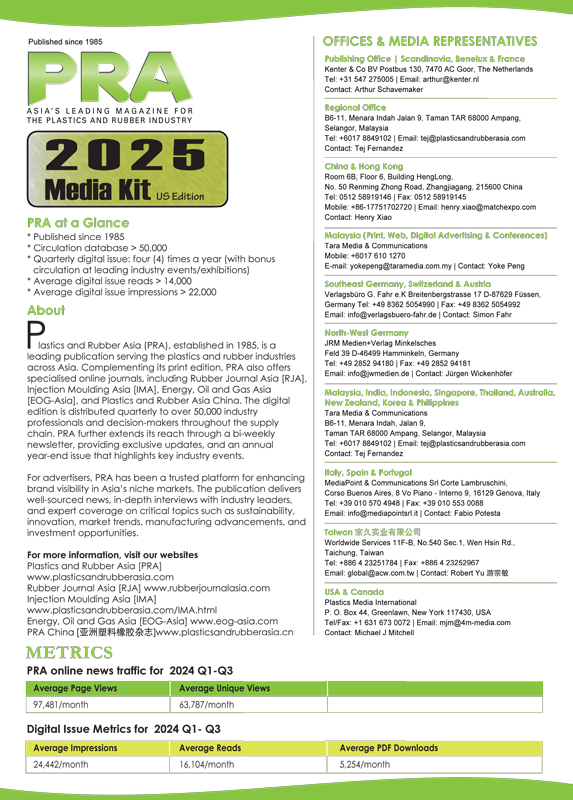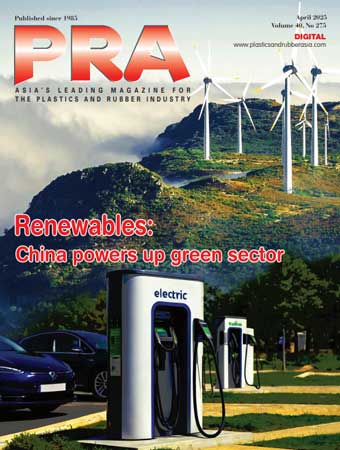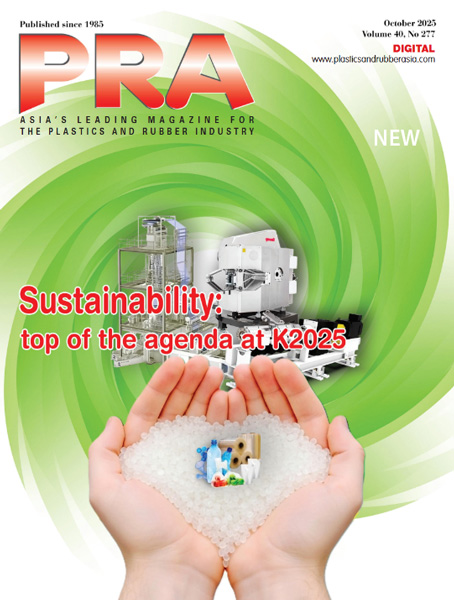Green tie-ups: Carbios/Wankai to build PET recycling plant in China; Tomra/Plastretur open recycling facility in Norway
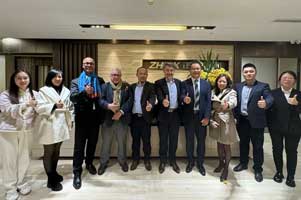
French firm Carbios and Wankai New Materials, a listed subsidiary of Zhink Group and the third largest PET producer in China and fourth globally, are in a collaboration aiming to deploy Carbios’s PET enzymatic recycling technology in Asia.
Under the terms of this agreement, Carbios and Wankai would enter into a long-term commitment to build and operate several PET biorecycling plants in Asia with a target capacity of 1 million tonnes/year. Carbios would grant, to the joint ventures formed under this agreement, an exclusive licence of its technology for the Asian region.
The first step of this collaboration will be the creation of a joint venture dedicated to the construction and operation of a first PET biorecycling plant in China, with an annual processing capacity of 50,000 tonnes/year of PET waste. Carnios will grant to this entity a licence to produce PTA and MEG monomers.
The financing of this future joint venture, in which Wankai would be the main shareholder, will be guaranteed by the latter. The construction project for the first plant is expected to start in the first quarter of 2026.
In addition, Wankai will make a EUR5 million investment in Carbios to strengthen the strategic partnership between the two companies.
This project of partnership, including the project of a first plant and investment in Carbios, remains subject to the finalisation of the definitive agreements, in particular the shareholders’ agreement and the licence agreement, by the end of 2025.
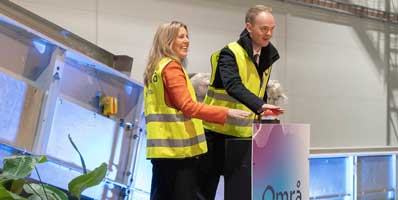
Meanwhile, a new recycling facility in Norway owned by recycling machinery maker Tomra (65%) and Norwegian packaging recycler Plastretur (35%) recently opened with the capacity to process 90,000 tonnes/year, transforming plastic packaging waste into uniform polymer fractions ready for recycling.
The new facility, located at Holtskogen, just outside Oslo, will serve as a reliable offtake solution for municipalities and waste management companies considering the introduction of automated mixed waste sorting (MWS), a crucial step for increasing recycling rates without depending solely on household source separation.
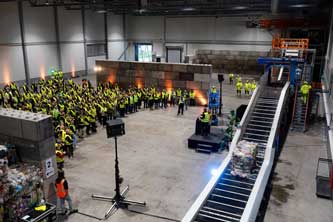
Known as Områ, the facility uses advanced sensor-based technology to sort mixed plastic waste into ten separate monofractions — including polyethylene (PE), polypropylene (PP), polyethylene terephthalate (PET), polystyrene (PS), and others — enabling improved recovery and increased recycling rates, the firms add.
“Tove Andersen, President/CEO of Tomra said, “This facility has the capacity to receive and transform all of Norway’s household plastic packaging waste into recyclable fractions, essentially closing the loop for plastics. It is a cornerstone piece of infrastructure providing reliable offtake for mixed waste sorting facilities, and can help recover more resources from source separated material.”
By 2030 the EU requires minimum 55% of plastic packaging waste to be recycled (i.e., collected and recycled at scale) under the forthcoming PPWR. Today, approximately one-third of Norway’s plastic packaging waste is recycled; the rest is mostly incinerated.
Subscribe to Get the Latest Updates from IMA Please click here
©2025 Injection Moulding Asia. All rights reserved.
